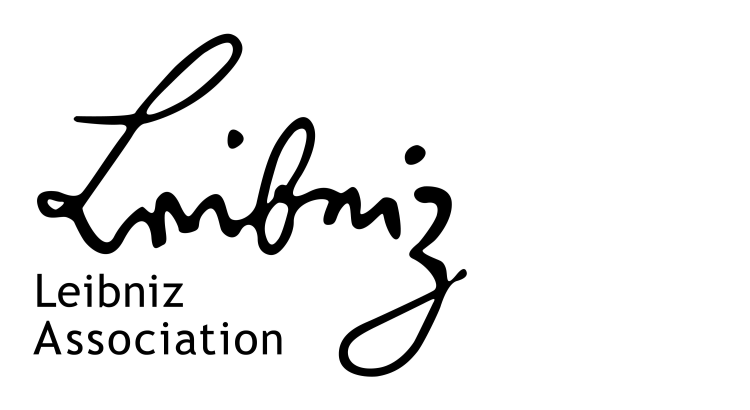- Home
- Research & Transfer
- Research Projects
- Leibniz Research Network "Environmental Crises - Crisis Environments"
Leibniz Research Network "Environmental Crises - Crisis Environments"
The Leibniz Research Network "Environmental Crises - Crisis Environments" (Leibniz CrisEn), led by PRIF, bundles and networks the professional and methodological-technical competencies of 15 Leibniz Institutes in the environmental, life, spatial, social and economic sciences. The researchers of the participating institutions record and investigate crisis-like environmental changes and the interactions between the scientific and social phenomena that underlie the attributions or denials of the changes in our environment as crises.
Leibniz Association, 2021 - 2026
Team
Cooperation Partners
Research Questions
Crises are understood as threats that are experienced as urgent, existential, and uncertain in their political consequences, thereby triggering political crisis management. The CrisEn Network analyses various forms of crisis and discusses how specifically changes in the environment are understood and/or (not) conceptualised as crisis.
Contribution to International Research
A whole series of risky, interrelated environmental changes threaten the well-being of the planet and human livelihoods. In current times, acute as well as long-term, latent crises emerge and exist interdependently and parallelly. Acute crises, like violent conflicts, humanitarian crises or unexpected disasters, need rapid joint action and response. Long-term crises, like the climate crisis, additionally pose serious challenges to the entire globe. While it might be difficult to draw a clear line between the different forms of crises, both simultaneously need social and political handling to address the increasingly dysfunctional relationship between people and their social and political environment. The network contributes to adressing these issues with its research and transfer activities.
Research Design and Methods
The 2024 conference dealt with theoretical approaches as well as with concrete empirical cases of acute and less acute crises as well as their interactions. The conference brings together senior experts and early career researchers and it invites active practitioners in order to discuss viable policy implications with them.
The Crisis Talks lunchtime debate series, hold in Brussels, addresses how the European Union deals with crises and what we have learned from past events. They are organised in cooperation of the network, the Representation of the State of Hesse to the EU, and the Research Centre "Normative Orders" at Goethe University Frankfurt am Main.
The Leibniz Research Network "Environmental Crises - Crisis Environments" emerged from the Leibniz Research Alliance "Crises in a Globalised World" (funded by the Leibniz Association from 2012-2021, also led by PRIF).


